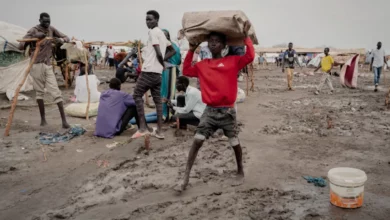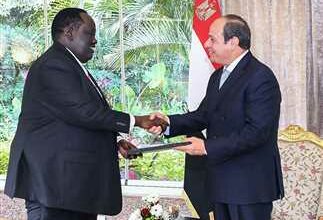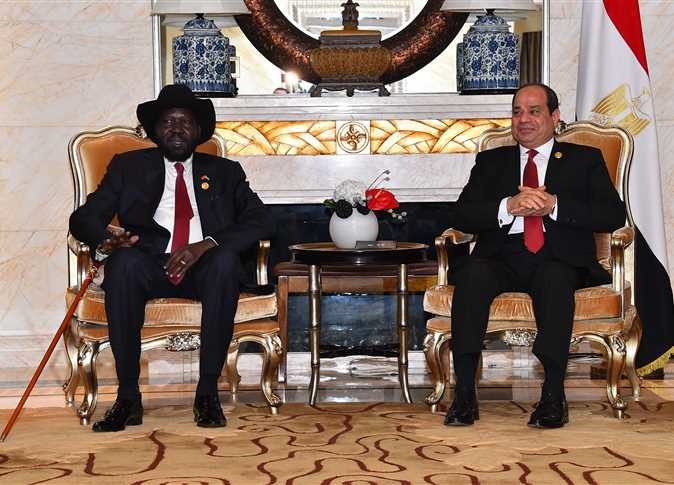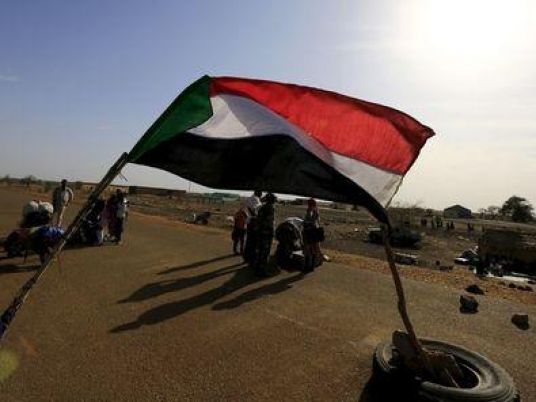
Journalists and rights activists in South Sudan have been killed or arrested and newspapers closed, often by the government, hampering coverage of one of the world’s biggest humanitarian crises, the United Nations said on Thursday.
The UN Mission in South Sudan (UNMISS) said in a report that 102 journalists and rights activists had their right to free speech violated between July 2016 and December 2017.
Cases included the deaths of two journalists, 58 arbitrary arrests or detentions of journalists or rights activists, 16 people fired from their jobs, the closure or suspension of three media houses, and censorship of newspaper articles and websites.
The government also frequently denies visas to foreign correspondents, it said.
“Our deep concern is the impact on restriction of media, particularly the national security services’ broad power of surveillance, arrest and detention, and embedding its officers in some newspaper printing houses,” David Shearer, head of UNMISS, told a news conference.
“It has led to a growing climate of self-censorship.”
President Salva Kiir’s spokesman Ateny Wek Ateny said: ”National security does not interfere with media work. The media authority has the authority to look at a given journalist. National security has never stopped a journalist or media house from doing their work in South Sudan.
“As a government, we recognize the freedom of expression of the citizens and whoever is accredited.”
South Sudan plunged into civil conflict in December 2013, after clashes between troops loyal to Kiir and his former deputy Riek Machar. Since then, tens of thousands of people have died and more than 4.5 million have been forced to flee their homes.
A peace deal was signed in 2015 but proved shaky from the outset. Weeks after Machar flew back to Juba in April 2016 to return to his former post, fighting again erupted in July 2016. Machar left the country in August that year.
The report said UNMISS was only able to verify violations in government-controlled areas because insecurity and movement restrictions hindered work in opposition-held territory.
The rebel SPLA-IO said it had not prevented journalists from doing their work.
“We do not restrict. We have been allowing journalists to access our fronts. They go to our displaced camps, they go to our areas of control. It is in the government territory where people are afraid of talking to their own families,” SPLA-IO deputy spokesman Lam Paul Gabriel said.




